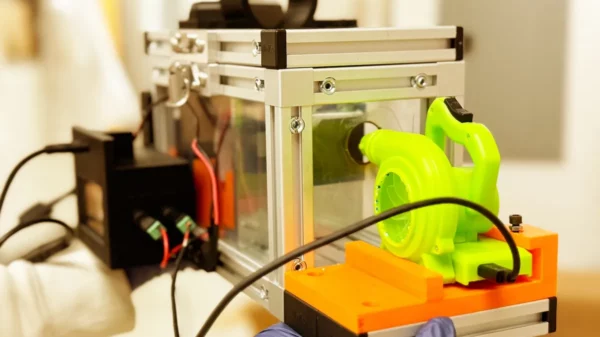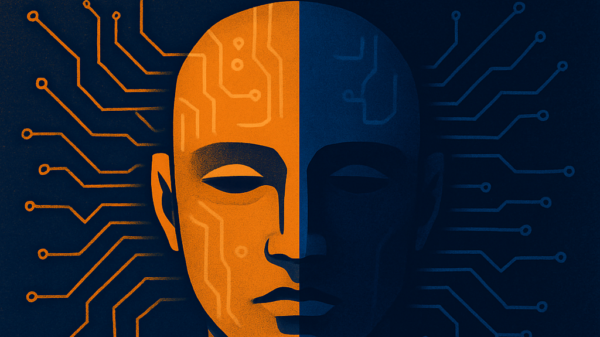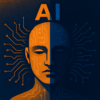McMaster and Stanford University researchers have created an AI model capable of designing antibiotics that will fight some of the world’s most antibiotic-resistant bacteria.
Their findings were published in the journal Nature Machine Intelligence on Friday. Notably, their artificial intelligence model SyntheMol was found to be able to stop the spread of Acinetobacter baumannii with a custom-tailored antibiotic drug.
The World Health Organization has classified that bacteria as one of the planet’s most dangerous due to its strong resistance to previous antibiotic medicines. It has been known to infect wounds, cause pneumonia and meningitis, and ultimately death.
“Antibiotics are a unique medicine,” study lead Jonathan Stokes said. “As soon as we begin to employ them in the clinic, we’re starting a timer before the drugs become ineffective because bacteria evolve quickly to resist them.”
To combat this, he says humanity needs to have a robust pipeline of antibiotics created with the help of AI. Stokes and his friends from Stanford have created six efficacious molecules thus far.
“SyntheMol not only designs novel molecules that are promising drug candidates, but it also generates the recipe for how to make each new molecule,” co-author James Zou said.
He says that this gives chemists valuable new insights.
GENERATIVE AI ALERT…
Working with our amazing friends @james_y_zou and @KyleWSwanson, we developed SyntheMol, a generative AI model that designs novel antibacterial molecules that are synthetically tractable and cheap to make! LOVE YOU!https://t.co/YT7PIoXVLV
— Jon Stokes (@ItsJonStokes) March 22, 2024
Read more: Deepspatial pulls in government investment to help fight global food crisis
Read more: SEC Chair Gensler warns AI left unchecked could initiate financial disaster
AI expected to revolutionize medicine
The rise of AI technology has already revolutionized healthcare and medicine in many regards. It will continue to do so at an accelerated rate.
This subject was the focus of a presentation held at the Stanford School of Medicine earlier this week.
“Now, with an explosion in new AI capabilities, we are beginning to see the full promise of this technology as a tool with the potential to transform patient outcomes, advance biomedical education and accelerate research,” Stanford Dean Lloyd Minor said.
A recent study published in the Nature journal Communications Medicine has shown that the technology is now able to detect COVID-19 in a person’s lungs by examining ultrasound images.
Furthermore, a study this month from Chalmers University of Technology in Sweden determined that AI-assisted image analysis can detect Lymphoma cancer in 90 per cent of cases.
“Seeing the rapid expansion of the technology and its numerous practical applications in medicine, I believe that understanding AI, even at a basic level, may become a necessary competency for the 21st-century physician,” Nisarg Shah, a student at the Yale School of Medicine, said on Tuesday.
rowan@mugglehead.com














